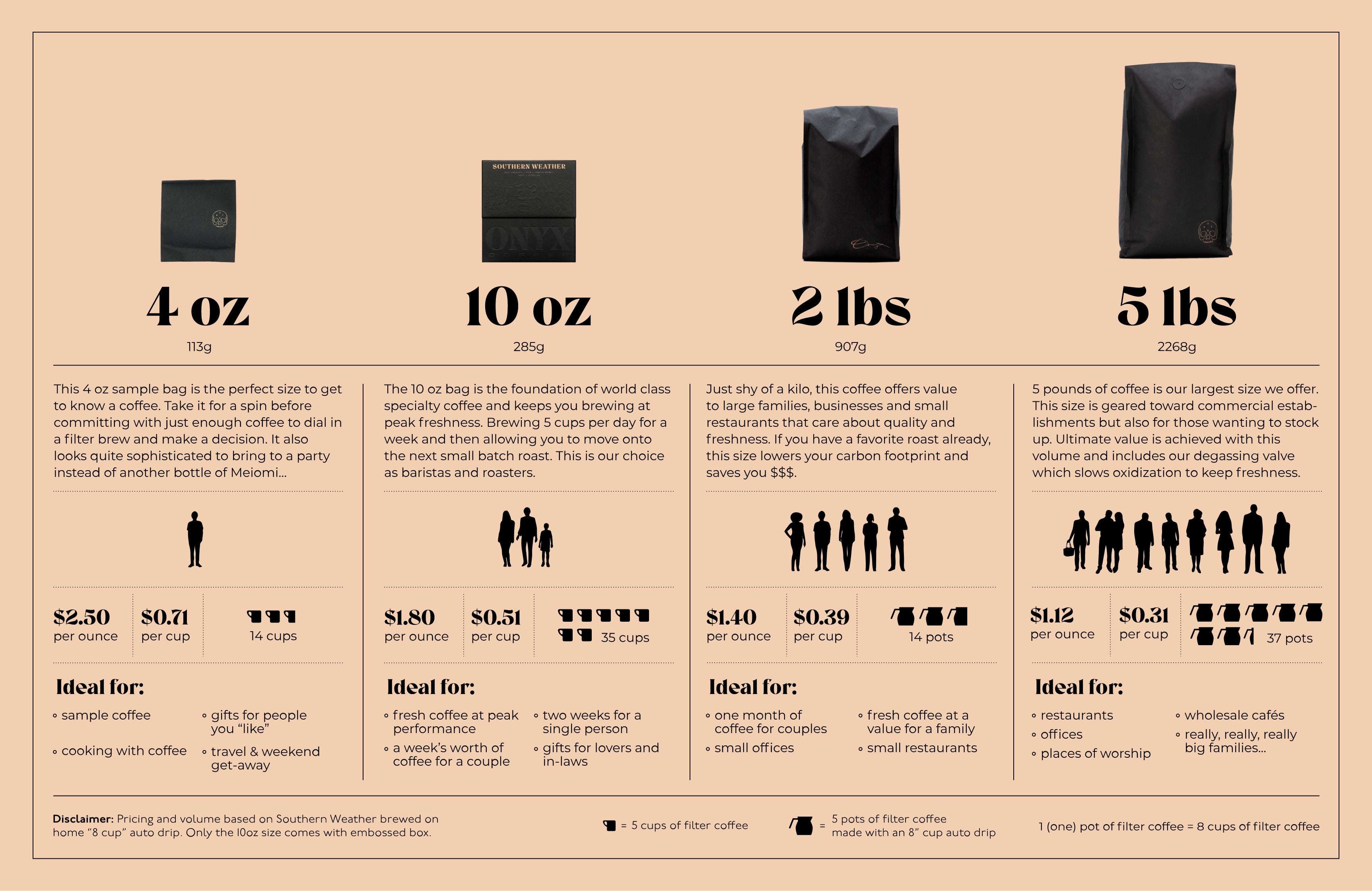Story
We met the Solorzano family through a mutual friend, Pepe Jihon. Pepe has known this family for quite some time, as he travels through Peru sourcing a bit of coffee for his roasting business in Ecuador. We connected with Neto in a whatsapp chat. Once samples were dispatched, there was one coffee that blew us away on the cupping table, their washed La Margarita Gesha. This coffee exuded clean florals and complex sweetness, immediately signifying immaculate processing, agronomy, and attention to detail. We purchased the remaining stock of this coffee, and we are very much looking forward to visiting them this coming year to see their impressive operation.
LA MARGARITA COFFEE RESERVE
La Margarita Coffee Reserve Company, established by the Solorzano family in the district of Valle de Ocobamba & Yanatile, within the department of Cusco, Peru, is a pioneer in promoting the cultivation, processing, and commercialization of coffee since 2017. The history of La Margarita begins in the picturesque region of Cusco, Southern Peru, where its founders, Neto and Ivan, produced their first coffees, which astounded judges at the 2021 Cup of Excellence in Peru. This recognition catalyzed a review of new specialty coffee processing practices in Peru.
Inspired by the diverse varieties of Central American and African coffees that thrive in their natural habitat, La Margarita embarked on a journey to develop coffee farms on prime land in the Cusco region, beginning in 2017. In the process, they restored forests and bolstered biodiversity. Today, the Margarita family continues to distinguish itself with its coffee reforestation efforts across more than 50 hectares of land. Their coffees have consistently impressed connoisseurs in recent years.
La Margarita is characterized by its perpetual state of evolution, constantly advancing its vision and mission through the nuanced flavors of coffee each season.
WASHED PROCESSED COFFEES
The washed process begins with coffee cherries delivered to the washing station, both from the primary market or from farmers bringing their coffee directly to the mill. The cherries are inspected, and an initial quick round of hand-sorting separates the defective coffees before placing them into the hopper. They are then funneled to the depulper, which removes the fruit from the seeds (beans). After that phase is done, the coffee is fermented underwater for approximately 12-36 hours. During this fermentation, a microbial de-mucilagation takes place, which allows the outer fruit and pectin layer to break down, making the coffee easier to dry. This phase also crucially alters the organic acids within the coffee, as sugars and organic acids are transformed, with the best washed coffees maintaining their complex fruit esters. Once the fermentation is complete, the parchment is emptied into the washing channels, where it is agitated with rakes to remove the last of the fruit layer. During this step, the water is refreshed to ensure its capability of separating the fruit layer from the seed. Once the washing is complete, the coffee is taken to the raised drying tables for sun drying.




